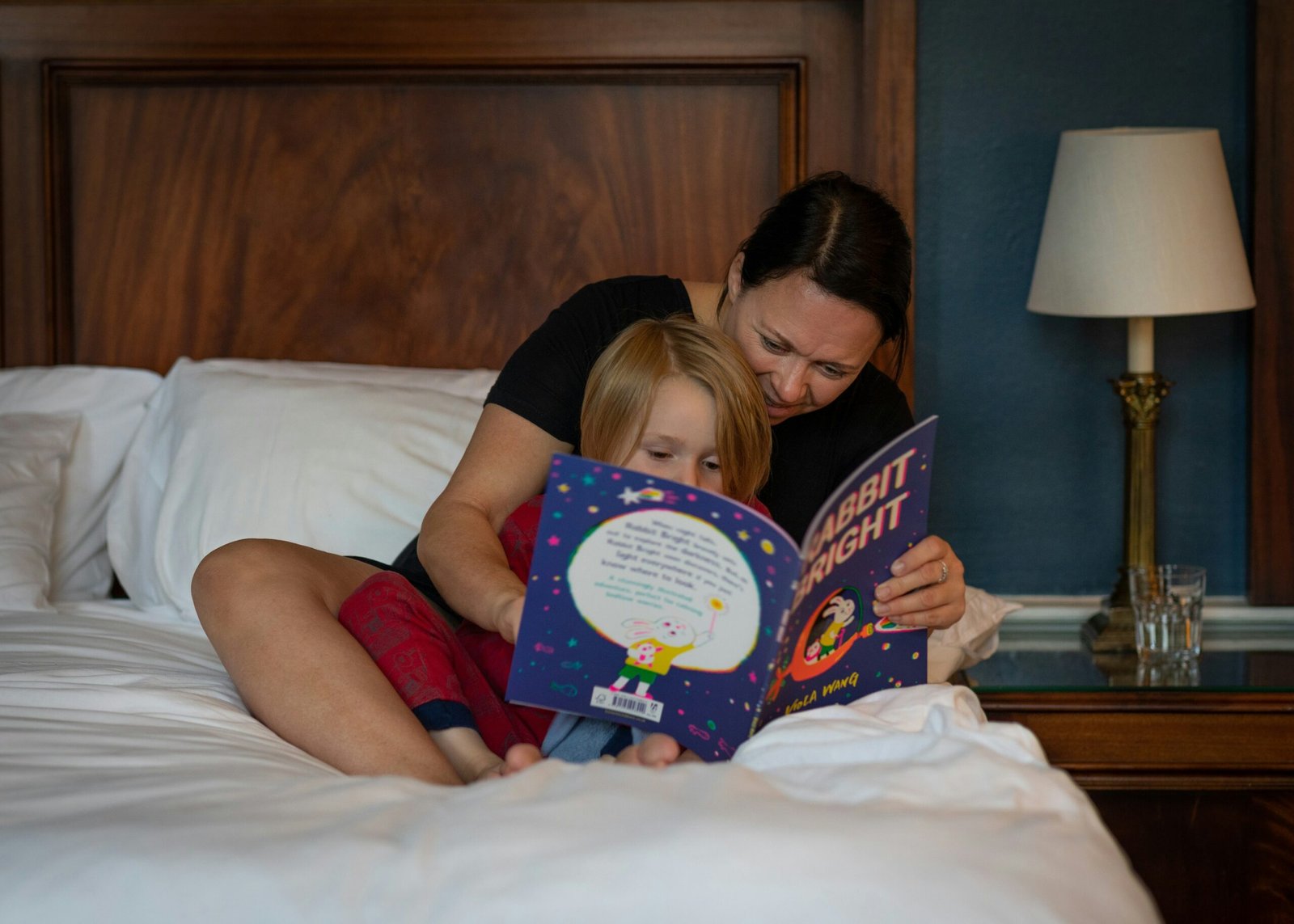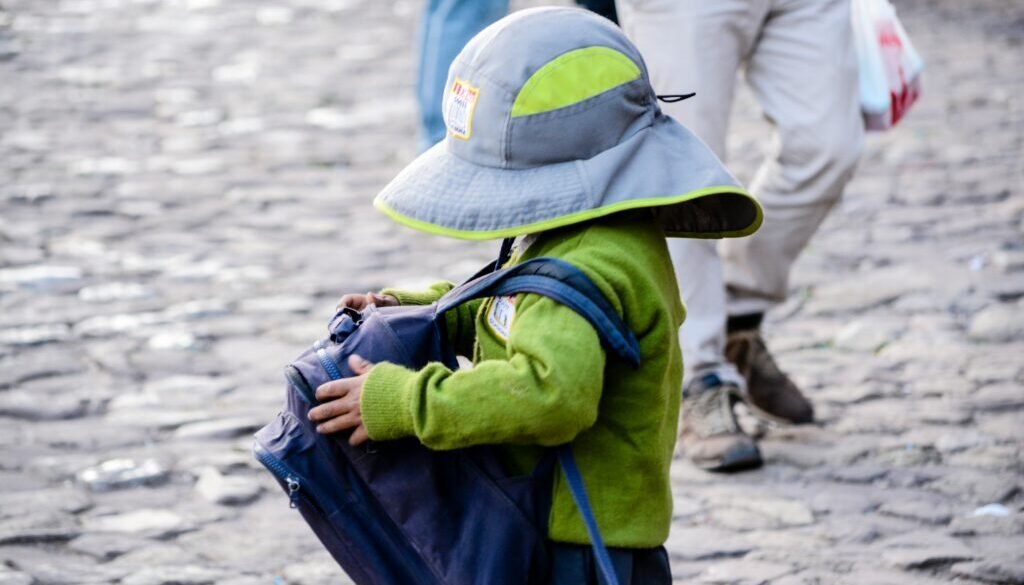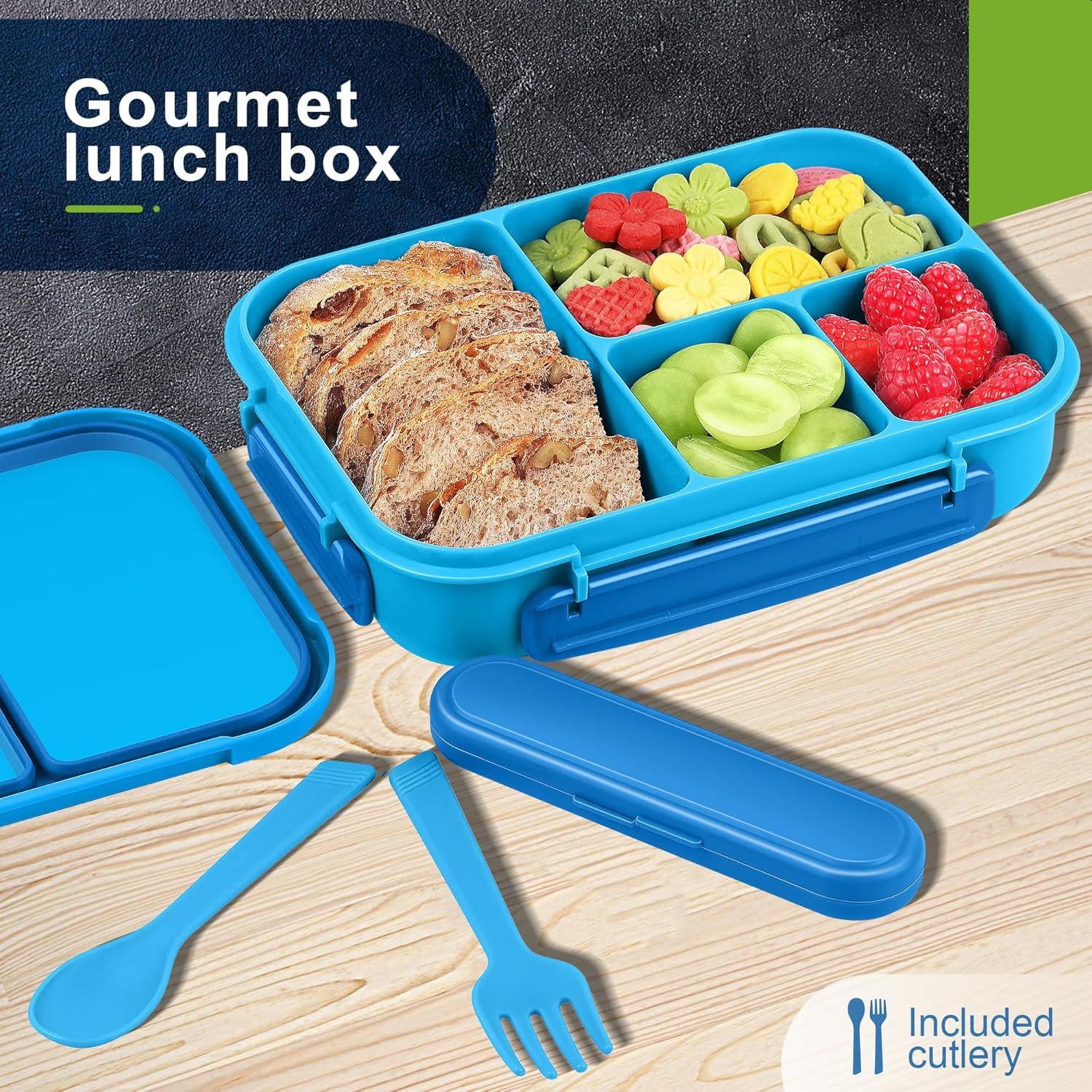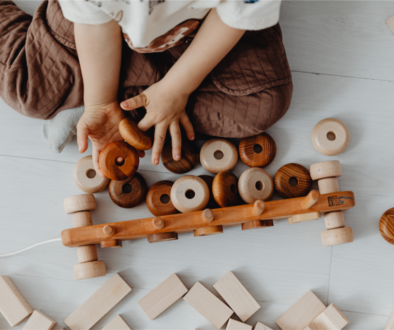Back-to-School Checklist for Mums: Your Ultimate Guide to a Stress-Free School Year
Hello mums! The back-to-school season is here, and we all know how overwhelming it can be. From making sure your kids have all their supplies to managing schedules and meals, the to-do list seems never-ending. But don’t worry—I’ve put together a comprehensive back-to-school checklist to help you stay organised and stress-free. This guide covers everything from organization tips to meal planning and homework routines, all backed by research to ensure you’re equipped with the best strategies for a smooth transition into the school year.
1. School Supplies and Clothes Shopping
First things first, let’s talk about getting your children ready with the essentials. Make a list of everything your kids need for the school year, from school supplies to new uniforms or clothes. To stay organised, create categories for each child—this ensures nothing gets overlooked, i have emphasised the importance of planning in this post, and I would recommend checking it for tips about effective planning.
Tip: Shop early to avoid last-minute stress and take advantage of back-to-school sales. A study by RetailMeNot found that families can save up to 20% by shopping for supplies and clothes during promotional periods. Additionally, let your kids be involved in picking their supplies to give them a sense of responsibility.
2. Organising the Home for the School Year
An organised home can make a big difference in reducing school-year stress. Designate specific areas in the home for schoolwork, backpacks, and shoes to avoid clutter. This creates a routine and saves time in the mornings when everyone is in a rush.
Create a School Station: According to The Journal of Educational Psychology, having a dedicated space for school supplies and homework significantly improves focus and productivity. Make sure this space is well-lit, free from distractions, and equipped with everything your child needs to complete their assignments. This way, you and the kids, whenever you use this space,’ll have more chance to get every task done / help the kids with their assignments.
Tip: Keep a family calendar in a central location where everyone can see it. Include important school dates, extracurricular activities, and appointments. Research from Psychology Today shows that visual reminders help reduce anxiety in children by making them aware of upcoming tasks and events.
For this task i suggest you use a magnetic calendar to keep it at the fridge which everyone uses, so they would likely get reminded more often, and for my preference this magnetic fridge calendar makes it even fun with all the stickers it comes with, specially if you want to reward your kids everytime they finish something planned on calendar they get a thumbs up👍🏻 and eventually a trophy 🏆.
3. Meal Planning for Busy Mums
Meal times can be hectic, especially during the school year. Preparing in advance is key to reducing daily stress and ensuring your kids have nutritious meals that support their learning.
Make-Ahead Meals: Preparing meals ahead of time is one of the best strategies for busy mums. According to a study by Harvard Health Publishing, children who consume balanced meals rich in fruits, vegetables, and whole grains perform better academically. Incorporate these foods into your meal prep to ensure your kids stay energised throughout the school day.
Tip: Spend Sundays preparing meals for the week. Make double batches of family favourites like pasta, casseroles, or soups, and freeze them in individual portions. This will make weeknight dinners quick and easy, In this post, i highlighted some of the healthy meals and snacks you can make, as well as the gadgets that will make this task easier.
School Lunches: For packed lunches, consider making easy-to-assemble meals like sandwiches, wraps, or salads. Add some fruit and a healthy snack, like yoghurt or nuts, to keep their energy levels up. Research from the American Academy of Paediatrics emphasises the importance of balanced nutrition in improving children’s concentration and memory during school hours.
Personally, I recently got myself a bento (a Japanese-style lunch box). Every night after dinner, I pack up whatever healthy food is made and arrange them neatly in my bento. It’s a super convenient and fun way to make sure I’m eating a balanced meal. Plus, I love how easy it is to customise with different compartments for snacks, salads, and fruits, and most importantly, you pack in style.
4. Creating a Homework Routine
Establishing a solid homework routine early on helps set expectations for both you and your children. Set a specific time each day dedicated to homework to create consistency and ensure that it becomes a habit.
Study-Proven Tip: Studies published by Education Next show that children who follow a set homework routine are more likely to complete their assignments and perform better academically. Try setting aside an hour after school for homework, followed by a short break. This routine helps avoid procrastination and last-minute stress.
Tech-Free Homework Time: Limit distractions during homework time, especially screen time. Research from Stanford University suggests that multitasking with electronics can decrease a child’s ability to retain information. Encourage your child to focus solely on their work during homework time to improve their concentration.
5. Sleep Schedules and Mental Health
With all the excitement and new routines, it’s important not to overlook sleep. Lack of sleep can negatively affect your child’s performance and mental health. Studies by the National Sleep Foundation recommend 9–11 hours of sleep for school-aged children to promote optimal brain function, mood regulation, and energy levels.
Tip: Start adjusting your kids’ sleep schedules about two weeks before school begins. Gradually shift bedtime earlier by 15 minutes each night until they’re back on track. This will help them ease into the new routine without difficulty. And as much as this topic is very important, i have a whole post about it, which you can check here.
Mental Health and Well-Being: Back-to-school transitions can be stressful for both kids and mums. Encourage open communication about feelings, and make time to talk about your child’s concerns. According to the American Psychological Association, children who feel emotionally supported at home are better equipped to manage stress and adapt to new environments.

You can also encourage simple mindfulness exercises, like deep breathing or journaling, to help your child manage any back-to-school jitters. What i personally do is teach my kids on a young age to write down their thoughts and what they have done during the day, and i can guarantee you that will help you learn a lot about them, how they think, and how they perceive the world around them.
6. Managing Extracurricular Activities
While extracurricular activities are great for building new skills and friendships, overscheduling can quickly lead to burnout. Finding the right balance between schoolwork and extracurriculars is key to a happy, healthy child.
Tip: Limit your child’s activities to one or two per week to ensure they have time for rest, homework, and family. Research from the Child Development Institute shows that overscheduling children can lead to increased stress and anxiety. Allow downtime for relaxation and creativity, which are essential for mental well-being.
7. Prepare for the First Week Back
The first week of school can set the tone for the rest of the year. Make sure your kids feel prepared and confident.
Clothes Laid Out the Night Before: Minimise morning chaos by having your children pick out their clothes the night before. This helps create a smooth and stress-free start to the day. Research by The Journal of Applied Developmental Psychology suggests that morning routines have a significant impact on reducing stress for both children and parents.
Tip: Pack school bags the night before as well, ensuring that all necessary books, supplies, and lunchboxes are ready to go.
Final Thoughts: You’ve Got This !
Back-to-school season doesn’t have to be overwhelming. By staying organised, preparing ahead of time, and prioritising your child’s well-being, you can ensure a smooth transition for the whole family. Remember, every small step you take to plan and prepare will lead to a more enjoyable and successful school year for your kids.
As you embark on this new school year, don’t forget to be kind to yourself. Parenting is a journey, and it’s okay to have bumps along the way. You’ve got this, mum!
Be sure to explore my other posts—I put a lot of care into making each one as helpful as possible! If there’s a topic you’d love to see or something specific you’d like me to cover, don’t hesitate to leave a comment below. Your feedback helps me create content that truly supports you, so let me know what would make a difference in your daily life!
With love,
Somayya ❤️
Sources:
- “Meal Preparation and Academic Performance” – Harvard Health Publishing
- “The Importance of Sleep for School-Aged”Children”—National Sleep Foundation
- “Children’s Mental Health and Well-being During Transitions”—American Psychological Association
- “The Role of Morning Routines in Reducing Stress for Families” – Journal of Applied Developmental Psychology
- “The Impact of Balanced Meals on Cognitive Performance in”School”—American Academy of Paediatrics
- “The Benefits of Consistent Homework”Routines”—Education Next





